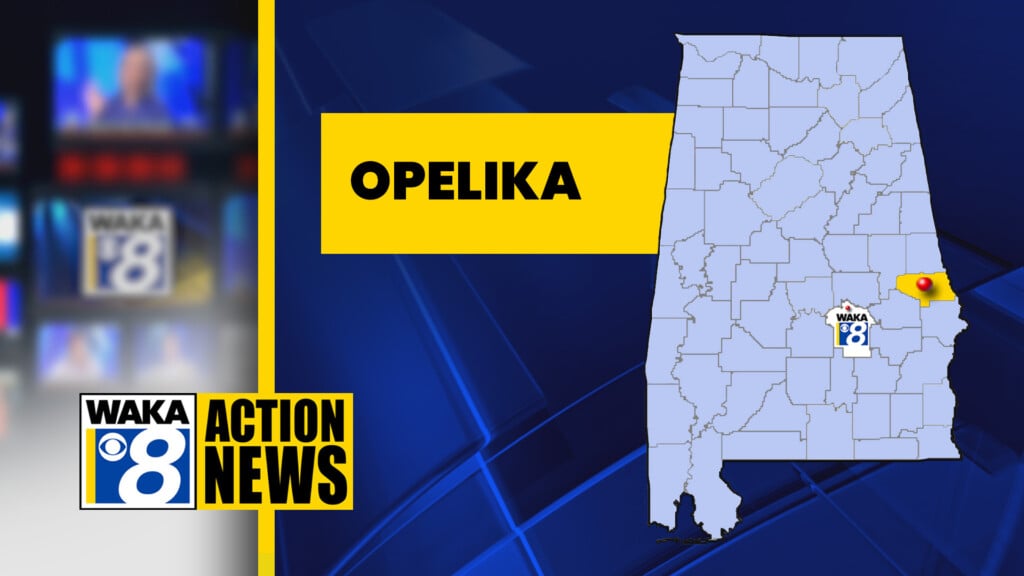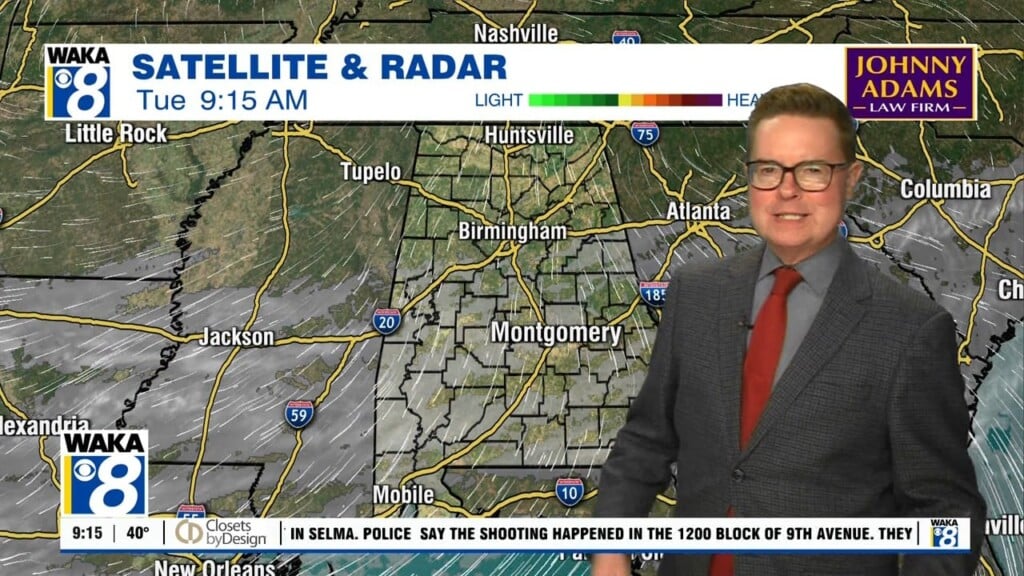What the Tech: Beware of missing police officer scam that’s spreading into Alabama
By JAMIE TUCKER Consumer Technology Reporter
Have you recently seen a Facebook post about a missing police officer named Carolyn Lynch? It’s likely been shared by well-meaning friends and family, and it certainly pulls at the heartstrings.
However, before you hit that “share” button, there’s something important you need to know: it’s fake.
A post circulating on Facebook claims an officer named Carolyn Lynch has gone missing and urges users to spread the word. It appears urgent and genuine, but it’s a classic example of what’s known as “engagement bait”—posts designed to get you to like, comment, and share without a second thought. The message emphasizes the ease of sharing, saying “it takes just two seconds,” and that’s precisely the point.
These posts aren’t isolated incidents. Variations have popped up across the country, naming different police departments, including the Birmingham Police Department.
Other areas mentioned include Durham, North Carolina, Citrus County, Florida, Orange, Texas and Girard, Ohio. Each post follows the same script, spreading rapidly through social media.
So, how can you tell it’s a scam?
There are several red flags. First, a quick Google search reveals no reports of a missing officer named Carolyn Lynch from any credible news source.
Second, the posts often originate from newly created Facebook profiles, like one from an account named “Sandra” that’s only a few days old. Even the profile picture can be traced back to a free stock photo library.
Another key indicator is that the comments sections are often closed, preventing people from calling out the hoax.
But what’s the actual scam? There are no direct links asking for money or downloads.
The primary goal appears to be building a list of Facebook users who are easily tricked. Scammers might be targeting those who share these posts, planning to hit them with more dangerous scams or phishing attempts later.
It’s similar to the “OMG it works” posts that lead to fake offers and malicious links.
These scammers also infiltrate Buy and Sell Facebook groups due to their easy access, and they request to join personal Facebook pages as well.
To protect yourself, always verify missing person posts before sharing. Do a quick Google search to confirm the information. If something seems suspicious, resist the urge to share and report it to Facebook instead.






